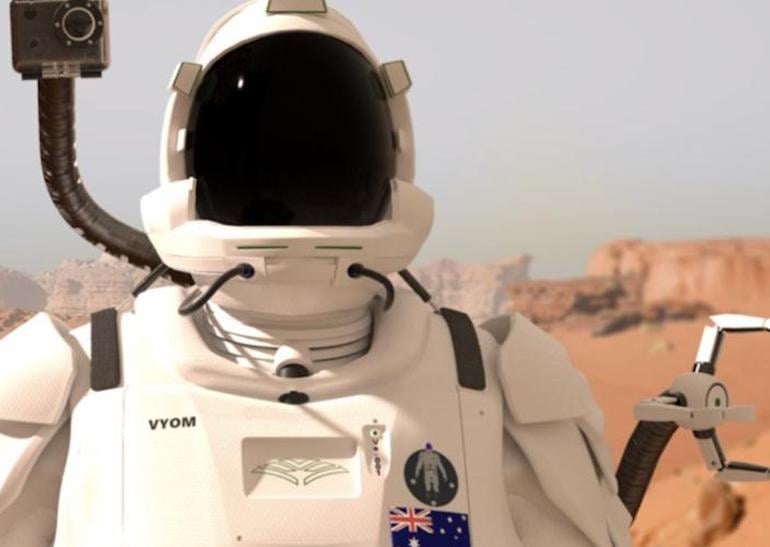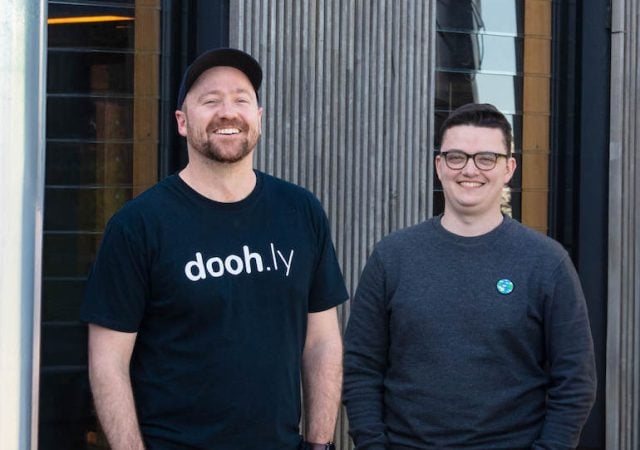More than $9 million has been awarded to Australian startups focused on space supply chain solutions for NASA’s Artemis program for lunar exploration.
The recipients include Victorian startup NextAero, which is developing cryogenic rocket propellants, and South Australia’s Neumann Space, which is focused on electric spacecraft propulsion. The both received $1 million grants from the Australian Space Agency.
All up, 12 companies scored grants from the Moon to Mars Supply Chain Capability program, as part of intakes 8, 9 and 10.
They include Sydney spacesuit startup Metakosmos (Vyom Tech Pty Ltd), which is developing the “Kosmosuit” for life in space.
The $250,000 grant will assist Metakosmos to improve the technology readiness level of Kosmosuit, which has dual-use terrestrial applications.
The project aims to establish connectivity between the subsystems and the proprietary bioastronautics interface, which will be deployed at various centres . The project also builds an internal automated capability that further enhances the space suit production capacity.
Metakosmos CEO Kiriti Rambhatla said the grants are “a great investment into the future of the Australian space supply chain and ecosystem. I believe that this recognition demonstrates that Metakosmos is a promising contributor”.
Queensland’s Valiant Space received $934,500 to develop a new non-toxic propulsion system that will support more sustainable and responsible use of space. It’s Valiant’s second grant from the program having also banked $841,875 to develop fluid control solutions.
Fellow Queenslander Adam Gilmour of rocket builder Gilmour Space Technologies, which recently raised $55 million in a Series D, has also topped up his funding with $808,500 for a collaboration with UNSW to develop an Australian-made aerospace Global Navigation Satellite System (GNSS) receiver that’s also suitable for civil, commercial and defence applications.
HEO Robotics scored $742,164 to develop advanced cameras for imaging satellites to better track space debris and objects, ensuring safe and sustainable use of space.
Australian Space Agency boss Enrico Palermo said this demonstrates how Australian companies are contributing to global space missions.
“These projects show the agility and innovative nature of Australia’s space companies, and how we can carve our niche in big international missions,” he said.
“Space is a global endeavour and by working with our partners like NASA we can create outcomes that benefit Australia, while also contributing to solutions to global challenges.”




















Trending
Daily startup news and insights, delivered to your inbox.